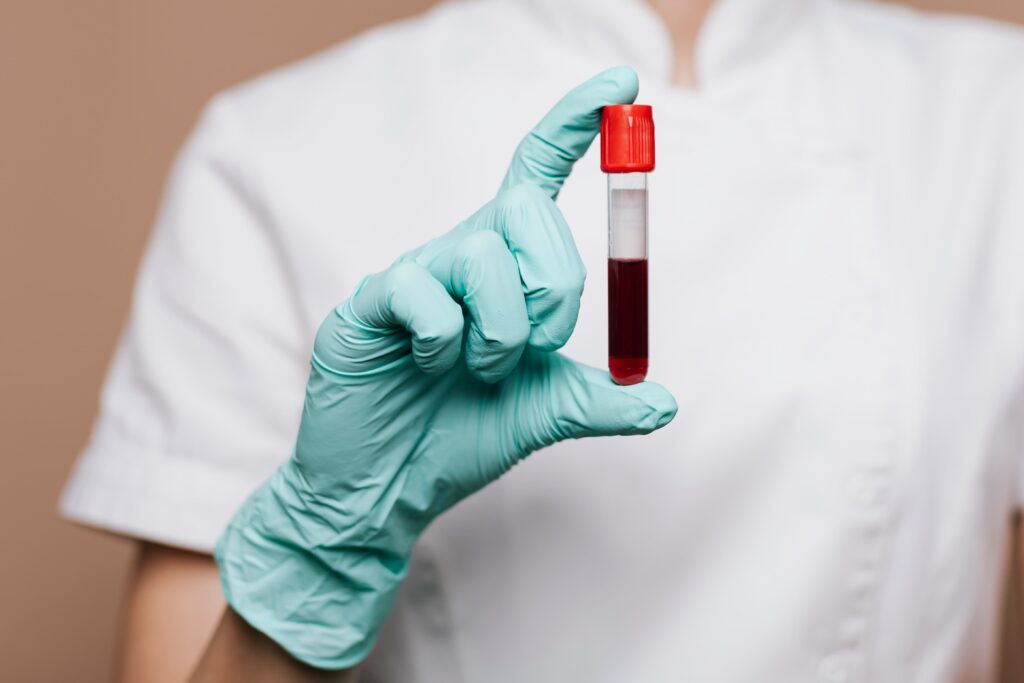Liverpool scientists develop low-cost AI blood test for Alzheimer’s
A new handheld test detects Alzheimer’s biomarkers in blood within minutes, promising earlier and more affordable diagnosis worldwide.

Scientists at the University of Liverpool have developed a low-cost blood test that could enable earlier detection of Alzheimer’s disease. The handheld devices, powered by AI and equipped with polymer-based biosensors, deliver results with accuracy comparable to hospital tests at a fraction of the cost.
Alzheimer’s affects more than 55 million people worldwide and remains the most common cause of dementia. Existing hospital tests are accurate but expensive and inaccessible in many clinics, delaying diagnosis and treatment, particularly in low- and middle-income countries.
One study utilised plastic antibodies on a porous gold surface to detect p-tau181, matching high-end laboratory methods. Another built a circuit-board device with a chemical coating that distinguished healthy from patient samples at a lower cost.
The platform is linked to a low-cost reader and a web app that utilises AI for instant analysis. Lead researcher Dr Sanjiv Sharma said the aim was to make Alzheimer’s testing ‘as accessible as checking blood pressure or blood sugar.’
The World Health Organisation has called for decentralised brain disease diagnostics. Researchers say these technologies bring that vision closer to reality, offering hope for earlier treatment and better care.
Would you like to learn more about AI, tech, and digital diplomacy? If so, ask our Diplo chatbot!
